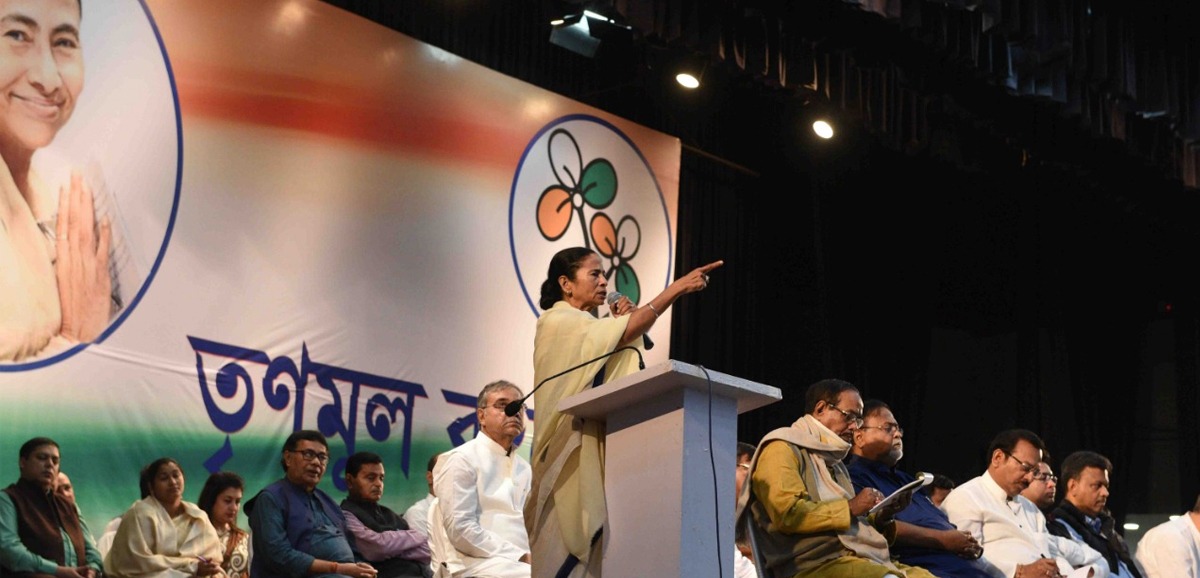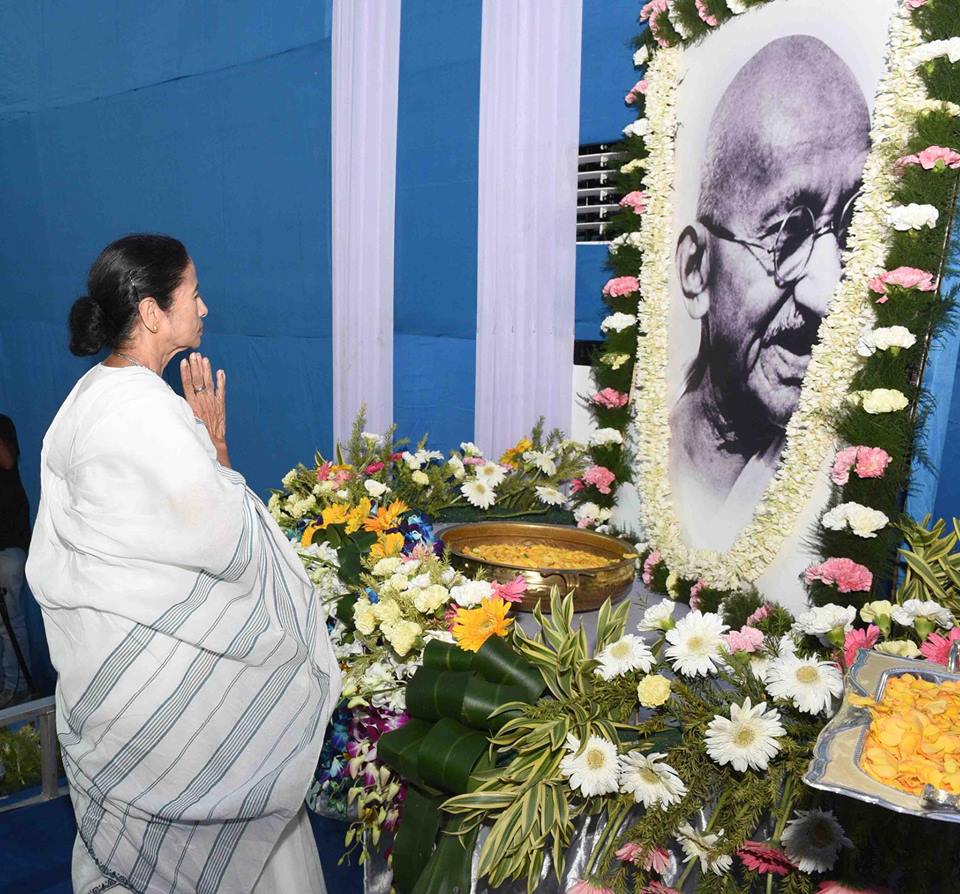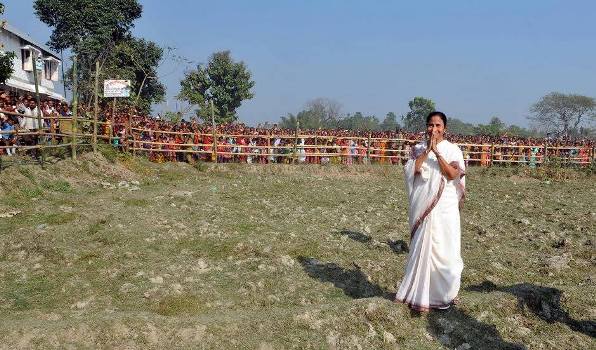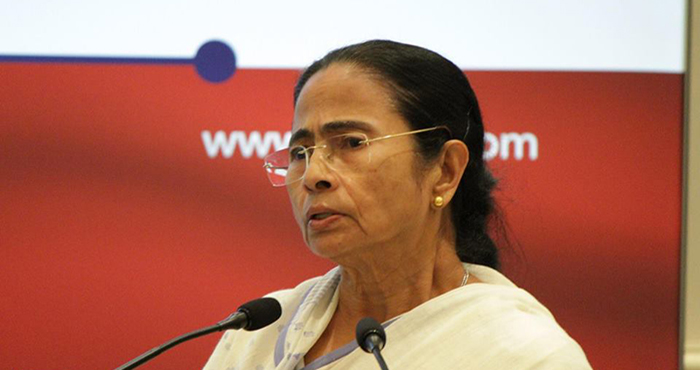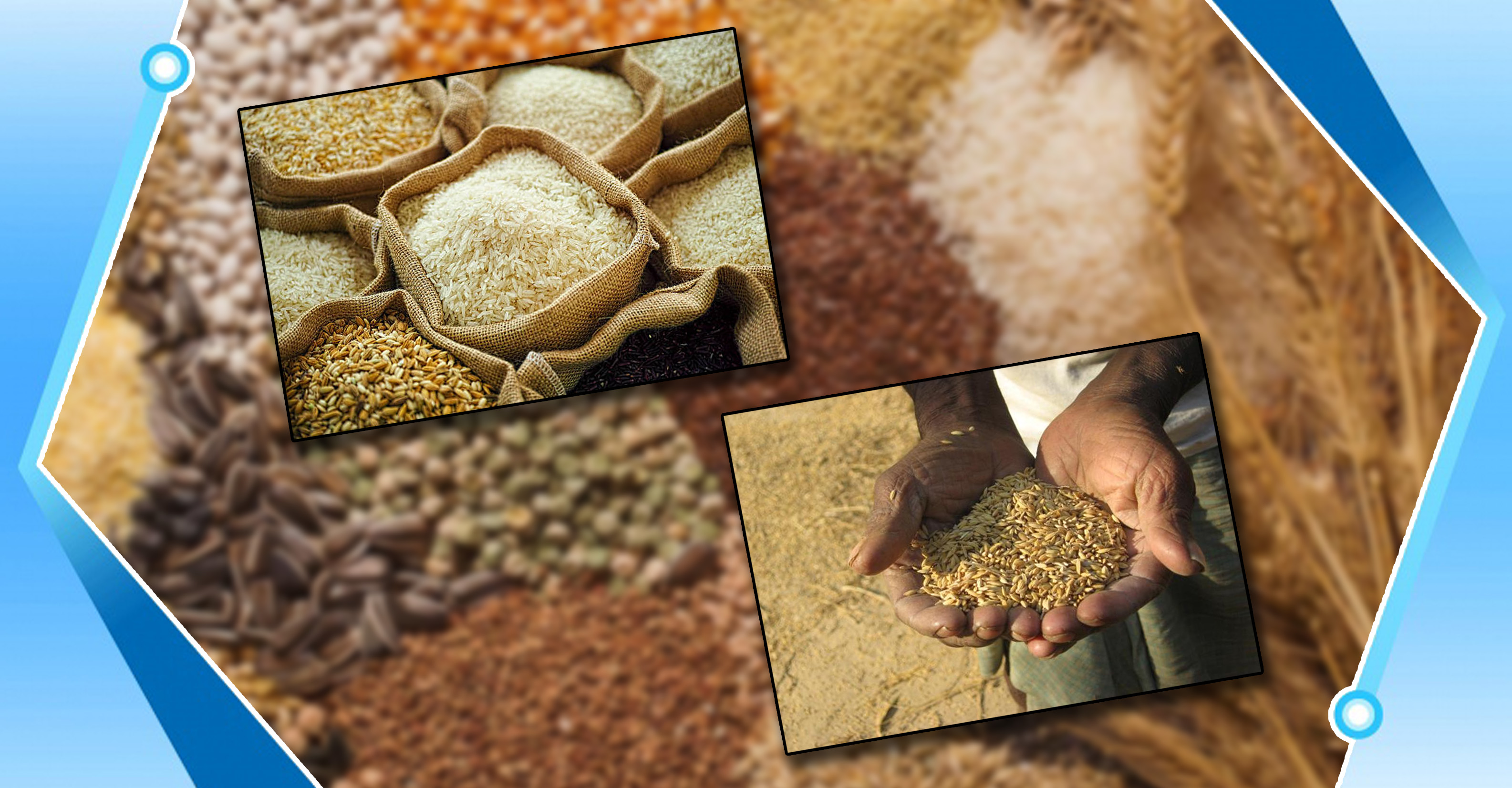Trinamool Chairperson Mamata Banerjee today addressed a meeting of the extended core committee of the party. She gave directions to the party workers and leaders regarding the upcoming Lok Sabha elections.
Mamata Banerjee said the situation in the country is dangerous and the country needs ‘poriborton’ (change).
Highlights of her speech:
Those who do not have any work, only give speeches. Their only work is to give bhashan.
They have completely ‘captured’ Doordarshan. They are misusing all the agencies. They are spending more money on PR than funding projects.
From job security to national security, internal security to farmers’ security, unemployment to demonetisation – we witnessed a disaster in India for the last five years
India’s cultural heritage, unity, federal structure, institutions, constitution, history – everything has been destroyed
There is RSS stamp on everything today. They follow an extremist ideology, spreading hate and violence
Even journalists who question the government are being harassed, whether on social media or even threatened at their homes
There is no rule of law in the country.
In Bangla, we said “Bodla noy, bodol chai” (we want change not revenge). But that is not the case in UP
All the thieves have united. All the CBI-ED ponthis (followers) have united.
They do not follow the basic courtesies in politics
Wearing a fetti (scarf) on head, they are spreading hate. We respect the sadhus of Bharat Sevasram Sangha or Ramakrishna Mission. But not these people
If you come across any rumour mongering in your area, in case someone tries to incite riots, inform the police
Whether it is Lok Sabha or the Rajya Sabha, our MPs have the best performance. They have worked with their heads held high even in this atmosphere of fear
Whenever our MPs have tried to speak out against the government, they start a CBI investigation against them
Since 1995, I have been demanding electoral reforms. We want state funding of election. Small parties cannot match the funding of larger parties
The economy of the country has become a disaster
There is an atmosphere of hate prevailing in the country. They are creating divisions between people. This has never happened before
They are using social media to spread fake news. They are using pictures of UP or some other place and claiming the incident happened here. Their entire politics rests on lies
They are trying to “create” an atmosphere of threat by holding bike rallies at midnight.
CPI(M)-Congress bhai bhai – we have seen that already. We are least bothered about them
In the Panchayat elections Jagai-Madhai-Bidaai (CPI(M)-Congress-BJP) had an understanding in many places
Despite the huge debt burden, we have extended the Swasthya Sathi scheme to 7.5 crore people
We have waived off khajna tax and mutation fees on agricultural land
We are paying the full premium of crop insurance scheme for the farmers
We have started a new Krishak Bandhu scheme. Farmers will receive Rs 5,000 annually for every acre of land
Some people with ulterior motives are spreading rumours to incite communal tension
Let us take the pledge today to remove the dictatorial Modi regime from power
When they go out of power, truth about their financial corruption will come to light
Jagai-Madhai, the ‘brothers in arms’, who came to power after riots, are running the government
No one had the gumption to protest against their misdeeds, except us
We want poriborton in India. We want Modi-Amit Shah to be ousted
We had earlier said ‘Du hajar unish, BJP finish’. BJP hatao, Desh bachao
The government had intelligence input about Pulwama attack. Why were jawans not airlifted? Why were roads not sanitised?
They want to do politics over the dead bodies of jawans. People will not be fooled.
You can fool all the people some of the time, and some of the people all the time, but you cannot fool all the people all the time
Workers are the biggest assets in Trinamool.
A true leader takes everyone along. A true leader rises from the ranks through action
Does he (Modi) do anything else apart from posing for the cameras?
They might try to manipulate the EVMs. Our workers must be trained about VVPAT machines
They are dreaming of winning 23 seats in Bangla by tampering EVMs. We will show them
The days of Maddy babu are over. The days of arrogance are over. They days of traitors are over
Bangla will show the way to the rest of the country
I have never seen such low-level politics in my life. This is politics of the absurd
We have to win 42 seats out of 42

